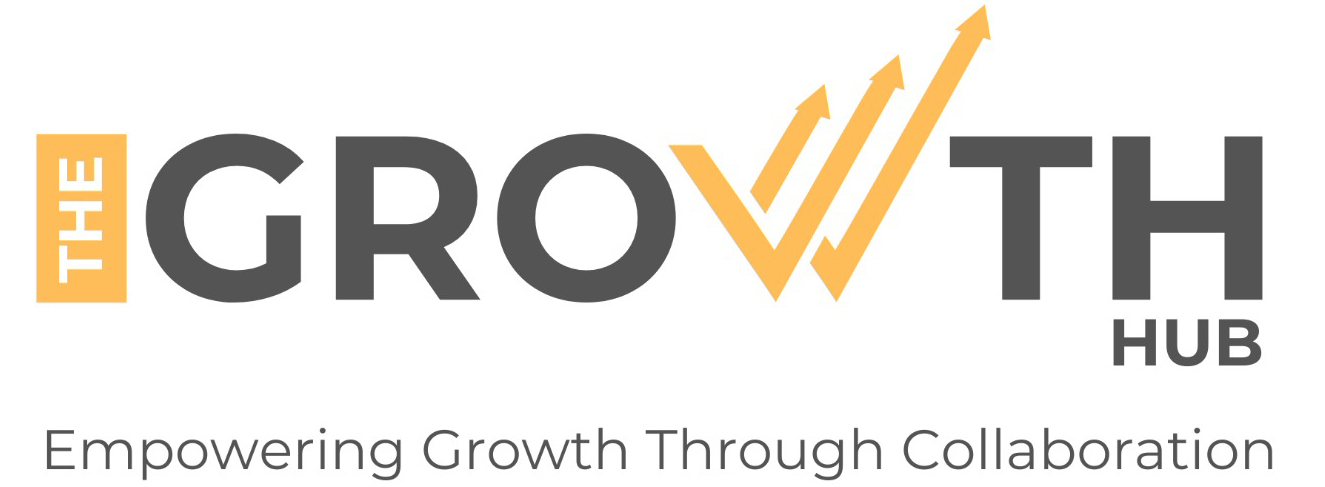
How to Stop Feeling Like an Imposter and Start Owning Your Success
In the corporate world, execution and strategy are the cornerstones of success. However, most entrepreneurs, no matter how successful they are, fight a silent, internal struggle that is neither strategic nor logical—imposter syndrome.
According to the British Psychological Society, 70% of professionals suffer from imposter syndrome during their careers. Entrepreneurs are especially at risk. As opposed to employees, business owners lack a manager or performance reviews to affirm their progress. They work under uncertainty, make critical decisions, and frequently feel that they are "making it up as they go."
The irony is that imposter syndrome holds back high-achieving entrepreneurs disproportionately. Innovators and marketers who open new doors into untapped markets, for instance, tend to entertain the most second-guessing about themselves. The question is not whether there is such a thing as imposter syndrome—there most undoubtedly is. What we're dealing with here is: how can we systematically overcome it so it does not hinder business growth?
Why Imposter Syndrome Lingers in Business Entrepreneurs
Business is a world of uncertainty, and uncertainty breeds doubt. Unlike corporate professionals who operate within structured environments, business owners must define their own success. This creates an inherent sense of instability.
Three factors amplify imposter syndrome in entrepreneurs.
First, the uncertainty of business success. Even when a business is expanding, owners tend to credit their success to external factos—luck, timing, or market conditions—instead of attributing it to their own ability and strategy. This makes confidence more difficult to realise and perpetuates the idea that success is fleeting.
Second, the trap of comparison. In an overconnected world, business leaders are constantly exposed to carefully crafted success stories from others. Social media highlights quick growth, big deals, and seemingly easy victories. What is not visible are the setbacks, failures, and pivots that all entrepreneurs experience. The outcome? Many business owners believe they are the only ones struggling with self-doubt.
Third, perfectionism as a leadership trait. Founders create high expectations for themselves, frequently the notion that they must be masters of all—finance, marketing, operations, sales. When they identify areas where they don't know something, they view it as a failure on their part and not a chance to delegate or learn.
These three forces—perfectionism, comparison, and uncertainty—feed a cycle that sustains imposter syndrome. But business success isn't about eliminating doubt. It's about containing it so it does not impede growth.
How to Strategically Overcome Imposter Syndrome
Getting rid of imposter syndrome involves a process. It's not about spur-of-the-moment motivation but about shifting how one thinks of oneself, utilising data, and building confidence by taking action.
1. Shift from Self-Doubt to Strategic Learning
Imposter syndrome stems from the fear of not having enough knowledge. But entrepreneurship isn't about knowing everything; entrepreneurship is about learning quicker than the competition and executing what is known.
Every successful business owner, be it Richard Branson or Elon Musk, has been there at some point where they didn't know anything. They succeeded not because they had prior knowledge of everything but because they were willing to experiment, learn, and improve.
The key shift is to view every gap in knowledge as an opportunity for growth, not a validation of inadequacy. Instead of thinking, “I don’t know enough”, reframe it as “I am developing expertise in this area.”
2. Quantify Success to Challenge Perceived Luck
Imposter syndrome flourishes when entrepreneurs do not internalise their success. Others attribute growth to luck instead of acknowledging their own strategic choices. The remedy? Leverage facts to confirm advancement.
Rather than writing off accomplishment as chance, monitor key performance indicators—growth in revenue, customer retention, conversion rates, and gains in efficiency. Watching quantifiable movement helps redefine achievement as the product of intentional decision-making instead of mere chance.
For instance, if a company notices a 20% improvement in customer retention with a new engagement approach, that is because of decision-making, not fate. Data gives factual evidence of capacity.
3. Reframe Failure as Market Feedback
Most entrepreneurs fear failure since they think it is proof of incompetence. However, in most cases, every innovation, every disruption in the market, and every successful business model was defined by iteration, adaptations, and failures.
In business, failure is data. It is a reflection of what succeeds and what fails. A failed campaign is not a sign of no talent—it is a gauge of consumer taste. An unsold product is not proof of poor leadership—it is an indication that the market should be re-scanned.
Redirecting failure to market feedback, not personal incompetence, enables entrepreneurs to separate self-esteem from transient failures.
4. Use the "Expertise Outsourcing" Strategy
Among the largest causative factors in imposter syndrome is the erroneous assumption that a business owner personally needs to excel at all phases of their venture. This is an unrealistic and wasteful model. The greatest businesses are established on expertise delegation, not single mastery.
Entrepreneurs need to stay focused on their strengths and outsource non-core tasks. If money planning is too daunting, get an accountant. If online marketing is too complicated, hire a pro.
Strategic leaders don't try to be good at everything. They assemble a team of competent experts whose skills complement theirs. Understanding the strength of partnership lessens the burden of needing to be good at everything.
5. Use External Validation to Support Confidence
Entrepreneurs tend to downplay compliments and exaggerate criticism. One of the ways to overcome imposter syndrome is to consciously gather and read customer testimonials, industry awards, and peer endorsements.
If a business has received good customer reviews, been covered in the media, or won industry awards, these are obvious signs of credibility. Maintaining a record of these and reading them from time to time supports confidence.
Even discussions with peers, mentors, or advisors can be a reality check. Others tend to view our skills more objectively than we do ourselves.
The Path from Self-Doubt to Self-Belief
Imposter syndrome is not a sign of failure—it is a sign of growth. The unease of venturing into new challenges and accepting more responsibility is normal. The aim is not to do away with self-doubt but to not allow it to get in the way of decision-making and business success.
Being an owner of success involves understanding that business is not perfect—it is all about continuous progress, learning, and adaptation.
The next time imposter syndrome shows up, ask yourself this question: Is my uncertainty founded in fact, or is it a supposition? The answer will always be the latter. Confidence is not built on the removal of uncertainty but on action in the face of it.
Business success is not about never feeling like an imposter. It is about choosing that self-doubt does not dictate strategy, decisions, or growth.
